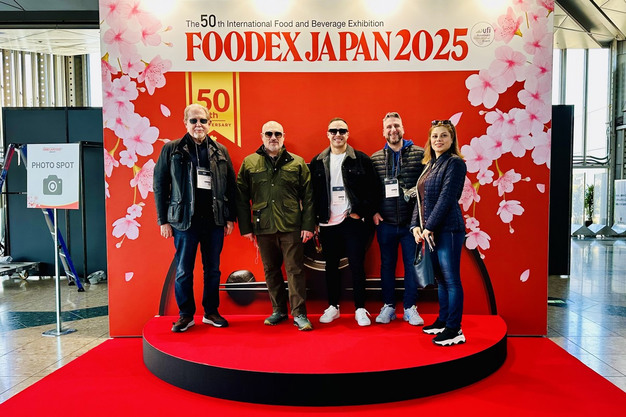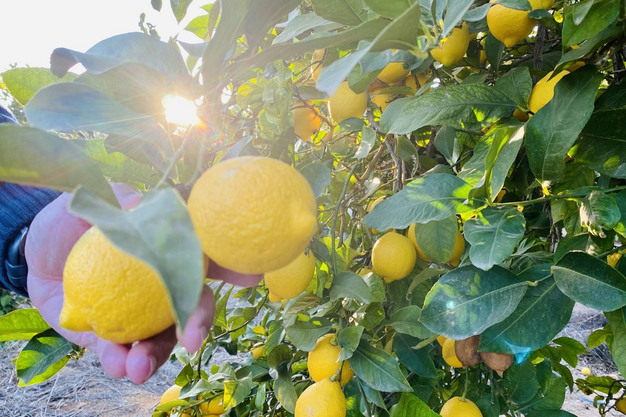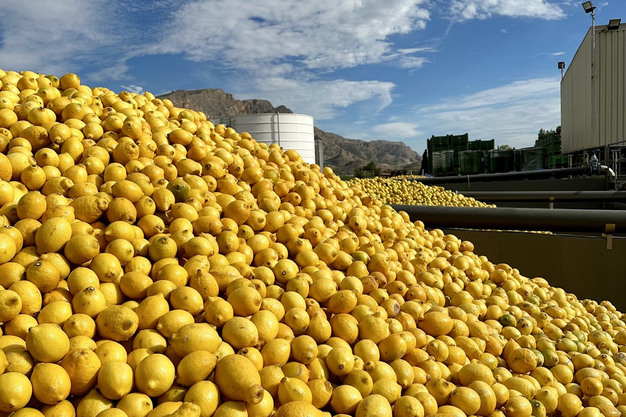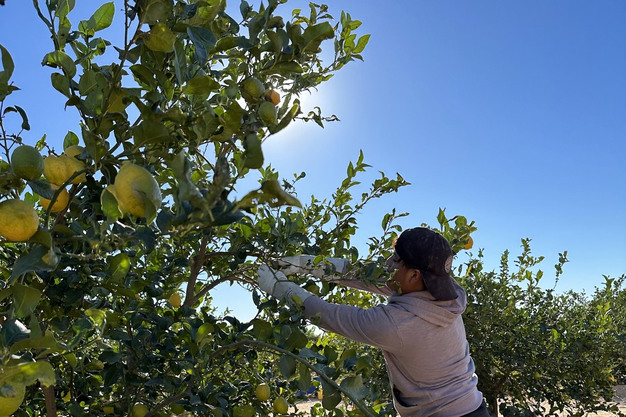In the context of the trade tensions generated by the global tariffs imposed by the United States, and which have been surprisingly suspended for a period of 90 days after causing convulsion in the world's stock markets, the European Commissioner for Agriculture, Christophe Hansen, announced just a few days ago his intention to travel to Japan next June with the aim of strengthening EU exports to the Japanese market.
Japan represents a high-value market for European producers and exporters in the agri-food sector, and particularly for Spanish products like citrus fruits and their by-products, as confirmed recently by the Murcian company Riverbend at the 50th edition of the Foodex Japan Fair, held from March 11th to the 14th in Tokyo.
 © Riverbend
© Riverbend
"We consider Japan a sophisticated and mature market, with very demanding standards in terms of quality, traceability, presentation, and compliance with phytosanitary regulations. We believe that one of the main challenges is the complexity of the bureaucratic processes and the strict sanitary controls and certifications required to access the Japanese distribution channel. Moreover, establishing solid business relationships requires time and a strong investment in building trust, as business in Japan heavily relies on personal relationships and reputation," says Riverbend.
 © Riverbend
© Riverbend
"In Riverbend's case, we have always chosen to work with business partners and representatives in the area to make it easier to connect and facilitate sales in the Japanese market. The Japanese are very methodical and demanding, so we must always be very transparent and assertive and prioritize good communication."
"Japan is an attractive and highly valuable market for Spanish citrus"
"Japan is an attractive and highly valuable market for Spanish citrus," they say. "There are other citrus producers nearby, such as China, Vietnam or even Australia; however, the food safety, sustainability and quality associated with Spanish products can help position them as a premium option, as is currently the case in Korea."
 © Riverbend
© Riverbend
One of Japan's advantages is that the country's consumption of fresh citrus fruits remains relatively stable, "and there is also a growing trend towards healthy products, which is giving a boost to the consumption of natural juices, citrus flavors in confectionery and drinks, as well as the consumption of functional ingredients derived from citrus fruits. This includes by-products such as essential oils, extracts and even citrus fiber."
"Also, fruit juices and flavored soft drinks are trendy in Japan, and consumption is growing, so it is undoubtedly a very attractive market for the marketing of our products, despite the barriers."
 © Riverbend
© Riverbend
On a cultural level, Spain has a very good reputation in Japan, especially for its gastronomy, tourism, and lifestyle. "As far as the agri-food sector is concerned, there is still room for improvement when it comes to Spain's recognition as a quality supplier compared to other EU countries, although the country is well positioned in niches such as olive oil, wine and cured hams, which could help open the door for other products, such as citrus fruits.
 © Riverbend
© Riverbend
Japan is technically a distant market for Spain, but fruit and vegetable products are highly valued there. In fact, the country is on the news every year for having some of the most expensive fruits in the world, which can certainly make it interesting for fruit and vegetable exporters focusing on quality.
"Japan values exclusive, impeccably presented, and differentiated products. Although distance and logistical costs are a challenge, the willingness of Japanese consumers to pay high prices for products that meet their demands - as seen with luxury fruits such as Yubari melons or Sato Nishiki cherries - indicates that, with the right strategy, Spanish citrus could gain a foothold in premium segments. This can include everything from fresh fruit with high aesthetic standards to juices and concentrates, which are currently used in drinks and soft drinks."
 © RiverbendFor more information:Riverbend
© RiverbendFor more information:Riverbend
Carretera de Abanilla 30
30140 Santomera, Murcia, Spain
Tel.: +34 968 277 050
diegocosta@riverbend.es
http://riverbend.es/
